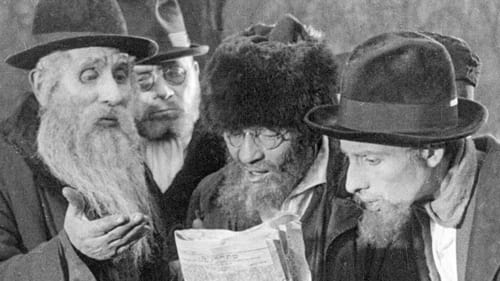Hugo Bettauer
Nascimento : , Baden, Lower Austria, Austria
História
Hugo Bettauer (18 August 1872 – 26 March 1925), born Maximilian Hugo Bettauer, was a prolific Austrian writer and journalist, who was murdered by a Nazi Party follower on account of his opposition to antisemitism. He was well known in his lifetime; many of his books were bestsellers and in the 1920s a number were made into films, most notably Die freudlose Gasse (The Joyless Street, directed by Georg Wilhelm Pabst, 1925), which dealt with prostitution, and Die Stadt ohne Juden (The City Without Jews, directed by Hans Karl Breslauer, 1924), a satire against antisemitism.



